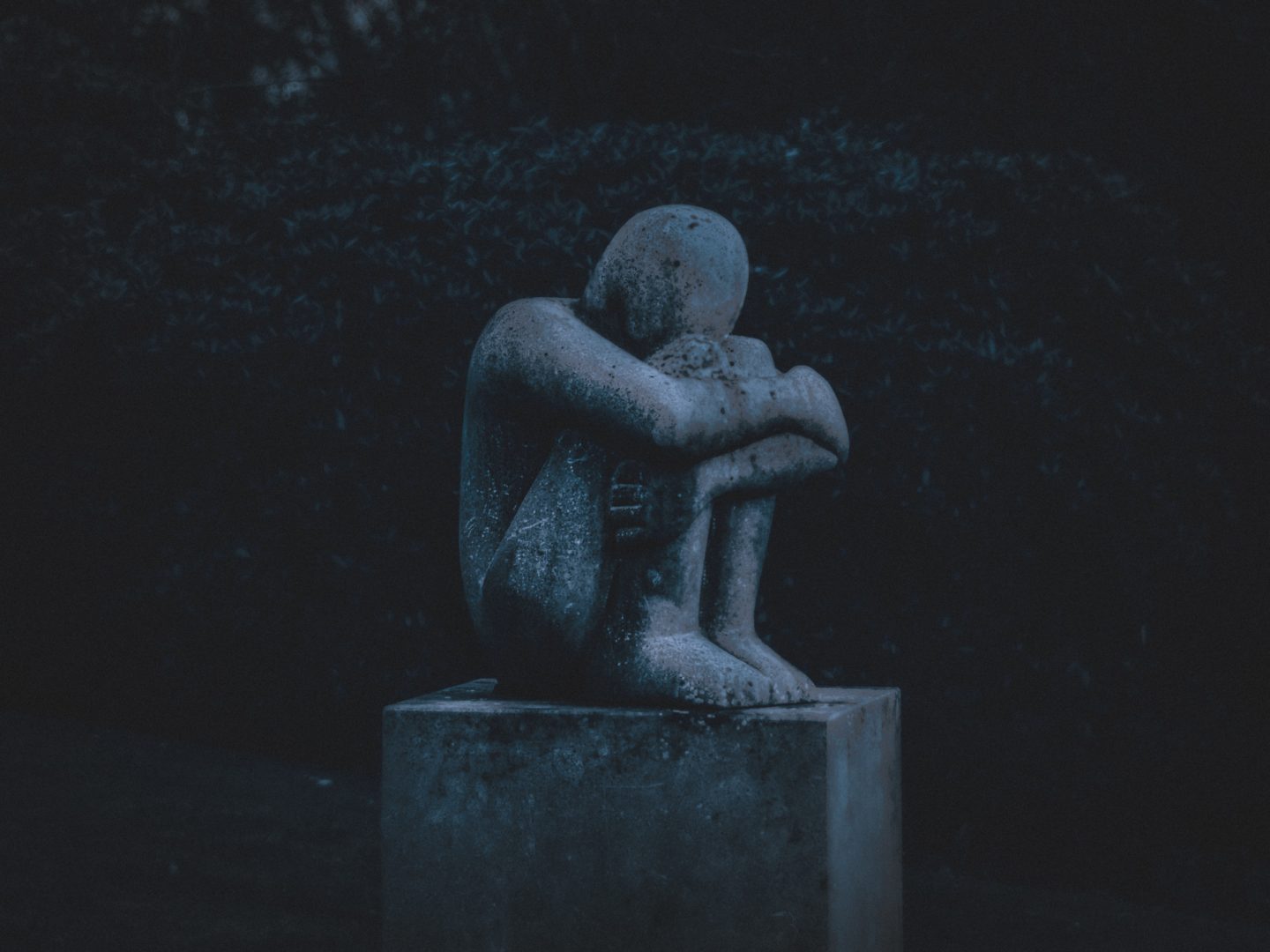Sometimes we get to say goodbye. And sometimes we don’t. While there is no “better” or “worse” when death is sudden or anticipated, it is certainly different.
When saying goodbye isn’t possible, as is the case with unanticipated, sudden, or the death of someone estranged, many people struggle with a layer of trauma, unresolved emotions, regrets, or a sense of unfinished business.
While we can’t change the circumstances, we can acknowledge the unique challenges sudden grief presents, and do a few things to help get through.
Managing shock and disbelief
Depending on the relationship, daily life may have changed in a moment. If this is the case, feeling profound shock and disbelief is both appropriate and overwhelming. While there are likely many tasks that seem necessary, taking time to allow emotions is important. A 20-minute walk, a long shower, some basic grounding (naming all the things that are the color blue that you can see) and breathing (5 seconds in and 5 seconds out) exercises can help. Try having a mantra to repeat to yourself. Something like “I can do this” can be enough to get you through the acute time in grief.
Self blame and guilt
Sudden death can be incredibly complicated. Accidents, suicide, overdoses, sudden health issues, and violent deaths are all complicated in their own right. It is so common to struggle with self-blame and guilt. Thoughts of “if only” or “what if” are natural and a part of the grief process. The key here is allowing these contemplations without getting caught in them. While there is no specific time frame, if you hear yourself saying “I should have” to the point that it feels out of balance with other grief emotions, it may be time to seek professional support to process those feelings.
Trauma
Sudden death often registers as a trauma. It might be that you were present when the death occurred, or can’t shake the memory of the moment you were informed. You might be fixated on the details that were shared with you, or many other scenarios that are traumatic in the wake of sudden death. Post Traumatic Stress Disorder may be diagnosed if you are struggling for over one month having flashbacks, recurrent and intrusive memories or dreams, and are working to avoid distressing memories or reminders of the event. You might be disinterested in your normal activities, feel distant from others, feel irritable, or hyper-vigilant. While not a comprehensive list, these symptoms should be addressed by your health care provider. The good news is that PTSD is treatable.
Seeking purpose and connection
While sudden death can cause many layers of grief, sometimes very complicated, it can also cause us to seek connection with others who can relate to our situation. Consider connecting with organizations that support survivors of suicide, homicide, addiction, and many others. Humans seek answers to questions, and “why?” can be one of the biggest questions with sudden deaths. While we may never have a direct answer, we can seek to answer the question by looking for purpose. Being a part of supporting others, and helping further awareness can bring peace, if not answers.
